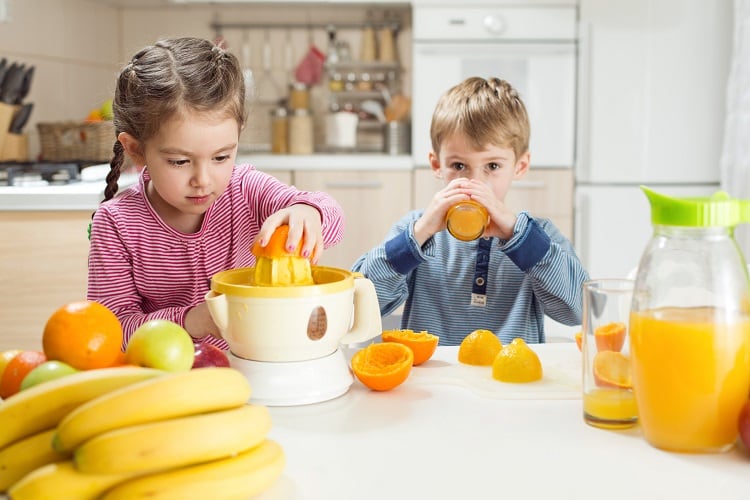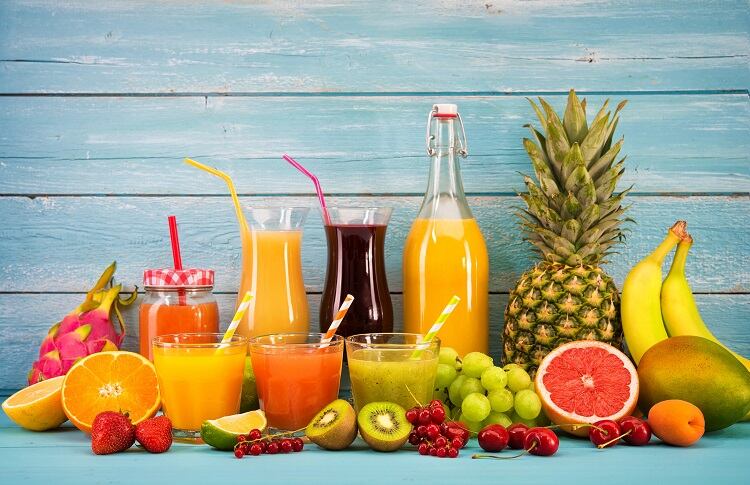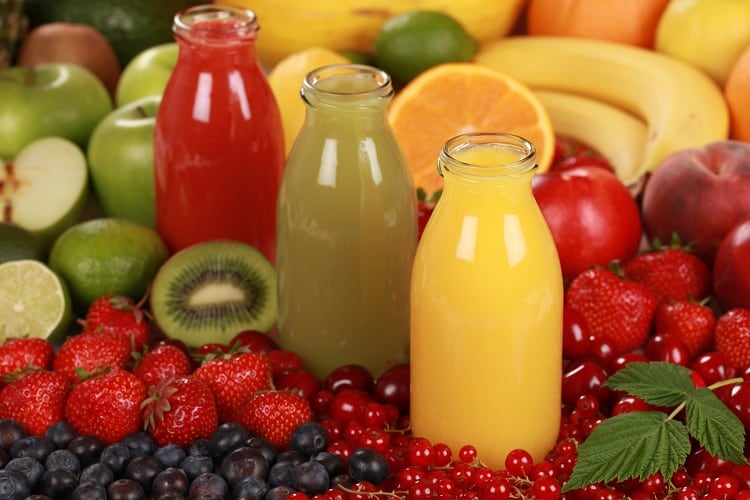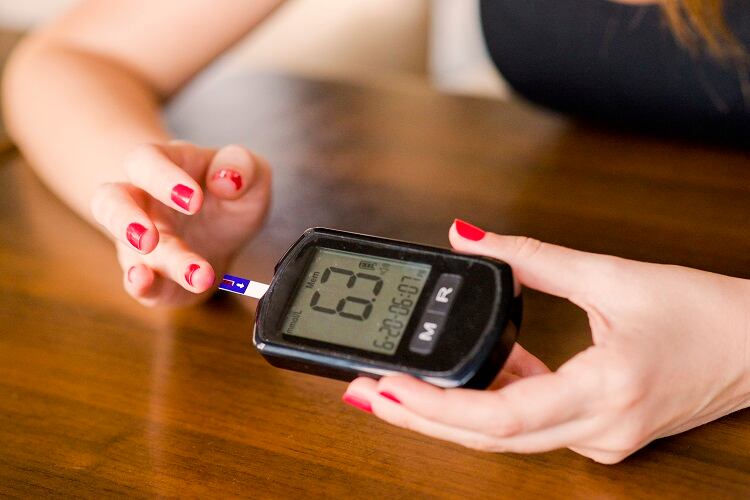From continental breakfasts to evening cocktails, fruit juices are a firm favourite for people of all ages and at all times of the day. But should this versatile beverage be drunk in moderation and, if yes, what does this mean for drinks manufacturers?
A new study, presented at the American Heart Association’s Epidemiology and Prevention, and Lifestyle and Cardiometabolic Health Scientific Sessions 2024, suggests that drinking sugary drinks, including fruit juices, during childhood and adolescence may increase the risk of developing type 2 diabetes. Furthermore, it appears that this impact is significantly greater in boys.
Why has fruit juice been linked to diabetes?
The long-term study, involving 455 children, found that regular consumption of 100% fruit juices, during childhood and adolescence, was linked to a higher risk of developing type 2 diabetes.
“While these findings are preliminary, they support the existing evidence about the potential relationship between beverages with added sugar and long-term risk of type 2 diabetes in children,” said Dr Soren Harnois-Leblanc, a registered dietitian and lead investigator on the findings. “Paediatricians and other healthcare professionals should caution young patients and their parents about sugary drinks and fruit juices when discussing healthy eating habits.”
Using data from the ongoing long-term study, Project Viva, researchers explored whether drinking sugary drinks, 100% fruit juices, and eating fresh fruits were associated with the three markers for developing type 2 diabetes. They calculated the average consumption of sugary drinks, 100% fruit juices, and fresh fruits over childhood and adolescence, based on dietary records, and assessed their potential associations with insulin resistance, fasting blood glucose level, and HbA1c levels. These markers were measured by a single blood test while fasting in late adolescence.
The researchers found that drinking 100% fruit juice throughout childhood and adolescence was linked to a 0.07% increase in HbA1c levels in late adolescence among boys. However, it only resulted in an increase of 0.02% among girls. The study consisted of 240 girls and 215 boys.
“Although several aspects of biology and behaviours differ between boys and girls, I would have expected to also find an association between sugar-sweetened beverages and fruit juice intake, and the increases in insulin resistance, glycemia, and HbA1c levels in late-adolescent girls,” said Harnois-Leblanc. “The next steps are to use more advanced statistical tools to enable us to better understand the potential causal role of sugary drinks and fruit juices, and to examine whether the relationships may also differ among children by race and/or ethnicity.”
What is Project Viva?
Founded by Dr Matthew W Gillman in 1999, Project Viva is a longitudinal research study of women and children. The initial goal of the project was to find ways to improve the health of mothers and their children, by looking at the effects of a mother's diet during pregnancy. It has since expanded to include physical activity, sleep, environmental chemicals, air pollution, stressors and mental health, as influencing factors.

While the results of the study were strong, it’s worth bearing in mind that although it did find an association between regularly drinking sugary drinks and fruit juices, and the development of markers for type 2 diabetes, it could not prove that the drinks caused type 2 diabetes. Additionally, the relatively small number of study participants may have affected the strength of the association found.
“Diet and cardiometabolic health are complex, with many factors varying over time and interacting in different ways, and this study represents one small piece of this puzzle,” Harnois-Leblanc explained.
Will these findings affect the sales of fruit juices
While the findings of the study are compelling, particularly with regards to gender, they’re unlikely to have a major impact on sales of fruit juice. The sugar content of fruit juices has been known to consumers for many years now, and it shows no signs of affecting sales. In fact, market insight firm, Statista, has valued the global fruit juice market at 123.7 billion USD, and this figure is projected to rise to 150.8 billion USD by 2028 – that’s a rise of 27.1 billion in just four years.
But quality matters and consumers are turning towards high-end fruit juice options in a variety of flavours.
“In Europe, the fruit juices market is witnessing a surge in demand for chilled organic variants, driven by a growing consumer preference for natural products,” said a spokesperson for market intelligence firm, Mordor Intelligence. “Consumers are becoming increasingly informed and able to distinguish the quality of products, influenced by factors like climate, premiumisation, and evolving lifestyles.”
And juice manufacturers should keep an eye on changing consumer habits and preferences as demand for fruit juices continues to grow.
“The increase in fast-paced lifestyles presents an opportunity for 'on-the-go' juice consumption. Health-conscious and ethically-minded consumers are gravitating toward fruit juices in the 100% juice format, which accounted for a 62.56% value share in 2023,” added the spokesperson for Mordor Intelligence.

Challenges facing fruit juice manufacturers
However, fruit juice manufacturers are facing challenges from other areas, with economic and geopolitical instability forcing production costs up.
Additionally, suppliers of orange juice are facing supply challenges resulting from issues in the world’s two biggest supplier countries, the US and Brazil. In 2022 a hurricane in Florida damaged harvests, while Brazil was hit by a severe drought over the summer and more recently, catastrophic floods. In both countries, citrus greening disease has compounded supply issues.




